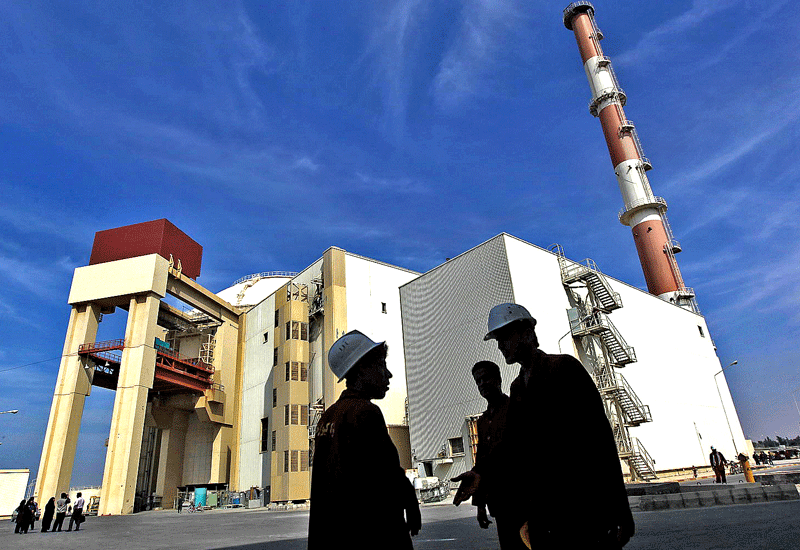The Ministry of Electricity has decided to postpone the implementation of the Damanhour power plant as part of its 2017-2022 development plans, choosing instead to push the project back to the ministry’s 2022-2027 plan.
Sources at the Ministry of Electricity told Daily News Egypt that the Egyptian Electricity Holding company conducted studies for the implementation of the Damanhour power plant through one turnkey package system, rather than multiple packages. However, after reviewing the projected energy output capacity of the three power plants being implemented by the German company Siemens in Beni Suef, Borollos, and the New Administrative Capital, the ministry decided to postpone the project’s implementation because the Siemens projects will cover energy needs.
The Ministry of Electricity has contracted with the German company Siemens to launch three power plants at a capacity of 14,400 MW operating with a combined cycle by which exhausted gas is reused in generating the power. The cost of the three plants in the contract is €6bn.
The sources added that the ministry of electricity has decided to transfer the implementation mechanism from the bidding system EPC+Finance, which includes financing, designing, and operation, meaning that there has been an amendment in the project and financiers will be waiting for the tender offering of the project’s consultant to determine their positions.
Operations or multi-package systems include offering a number of tenders for each part of the plant which includes mechanical work, turbines, boilers, and electricity. However, the EPC+Finance system stipulates choosing one winner through one tender to finance and implement the project, then the ministry repays those costs to the investor through loans measured at certain interest rates.
According to the sources, the African Development Bank and the Ministry of Electricity agreed to set aside $80m for the project, and the bank planned to increase this amount by $20m. They are also waiting for a final decision on the project’s implementation mechanism.
The total cost of the project is worth roughly $1.3bn, of which $600m is being covered by the European Investment Bank, $200m from the Arab Fund for Economic and Social Development, as well as a $240m domestic component provided by the West Delta Company for electricity production.



